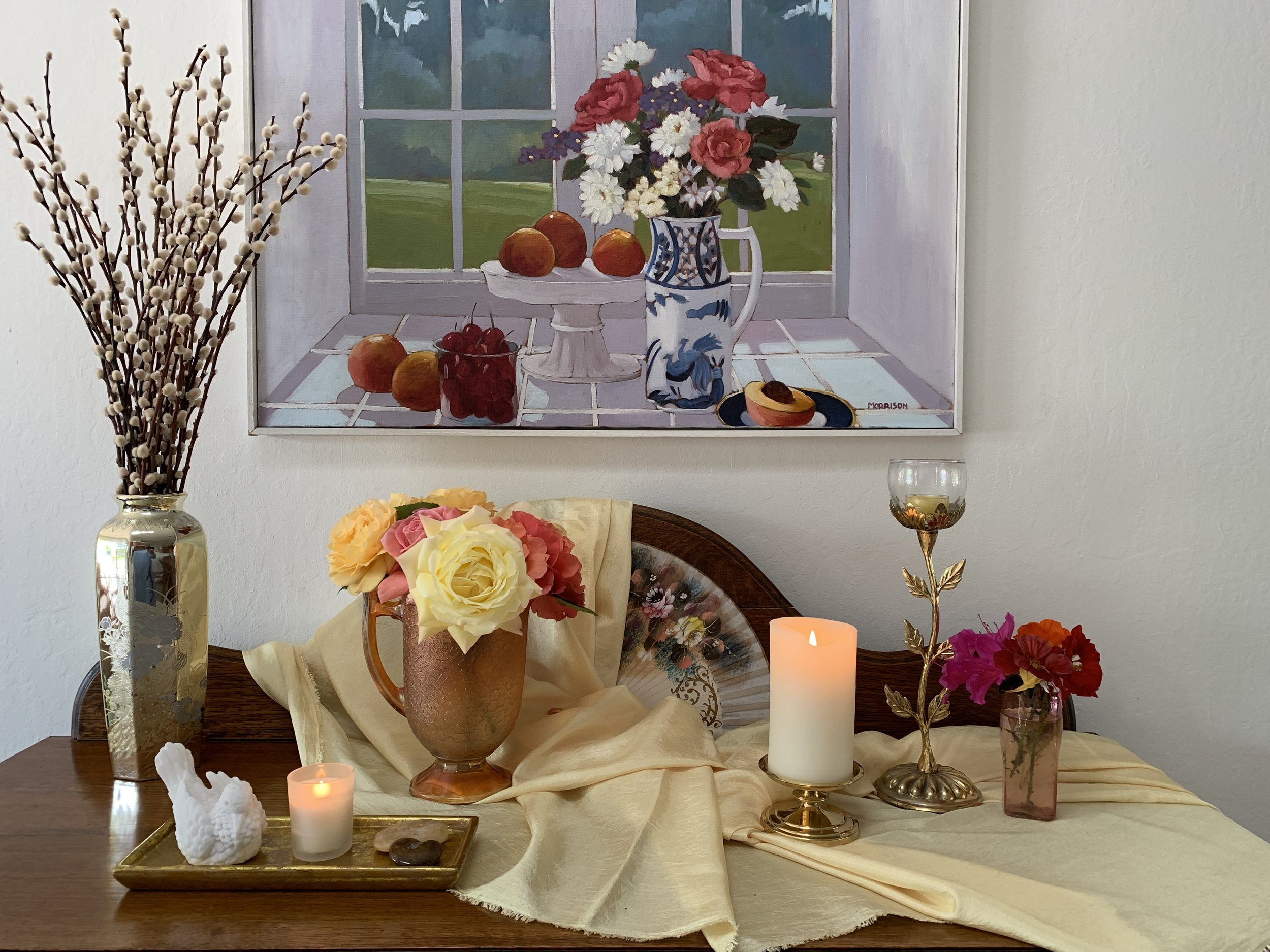Hospitality
/Hospitality is not to change people, but to offer people space where change can take place.It is not to bring men and women over to our side, but to offer freedom not disturbed by dividing lines. It is not to lead our neighbor into a corner where there are no alternatives left, but to open a wide spectrum of options for choice and commitment. It is not educated intimidation with good books, good stories, and good works but the liberation of fearful hearts so that words can find roots and bear ample fruit. It is not a method of making our God and our way into the criteria of happiness, but the opening of an opportunity to others to find their God and their way. --Henri Nouwen
Philando Castile remembered their names—all 500 kids at J.J. Hill Montessori Magnet School in Saint Paul, Minnesota. He called each one of them by name. He knew which ones couldn’t have milk, which ones couldn’t have nuts. And he remembered all the other food allergies that any one of them had. He welcomed each one of them with generosity and hospitality. He treated each one of them as if their lives mattered. . . . And his black life also mattered.
This is one of the most important and enduring teachings of our faith—the ancient law of the desert—practiced among the nomadic peoples of the Near East—and still practiced among the Bedouins today: if a stranger appears at your tent, you must welcome them with generosity and hospitality, share your food, drink, and shelter. . . . Treat them as though their lives matter. Especially in the searing heat of the desert—and just as easily in the streets of Saint Paul, Minnesota or Hayward, California—this law of hospitality is often a matter of life and death.
Jesus put it this way, “I was hungry and you gave me food. I was thirsty and you gave me something to drink. I was a stranger and you welcomed me. I was naked and you gave me clothing. I was sick and you took care of me. I was in prison and you visited me.” And in the book of Hebrews: “Do not neglect to show hospitality to strangers, for thereby some have entertained angels unaware.”
Hospitality—welcoming the stranger—is fundamental to our faith. Not only because of climate change and the squeezing of our natural resources—but also because somewhere along the line, we have developed a corrosive and ingrained hostility to people who are different from us in whatever way—the practice of hospitality proves again and again to be a matter of human survival. How we treat one another … how we approach life … how we understand ourselves in relationship to everything else around us. . . . How we might turn hostis, the Latin root of hostility, into hospes, the Latin word for guest and the root of our English word hospitality. This matters.
And this hospitality must be cultivated. First and foremost, we must transform our own hostility toward others and let go of our one-dimensional concepts of people we don’t really know. “Oh, he’s an alcoholic.” “She’s a single mother.” “He’s an ex-con.” Not to mention the characteristics that go without saying: She’s black. He’s queer. They are Trans. They are refugees. As if that one thing defines them . . . as Immoral. Ignorant. Violent. Criminal. As if there is nothing else you need to know. . . . Genuine hospitality requires suspending these kinds of judgments, withdrawing our harmful and limiting projections, and opening ourselves up to the grace and blessing that might be in store. . . .
We have to ask ourselves, are we willing to engage the long struggle for justice? Or does it feels safer to hold onto our hostility? Can we trust the possibilities that God has in store? Or do we just tack on “seekers of justice” after “Progressive” in our titles and do nothing.
I know that when we think of these questions along with the hopelessness of the Philando Castile verdict and the heft of our grief around the plight of racial justice, environmental justice, gender and sexual orientation justice, and all kinds of social justice, we may be tempted to give up in despair and resignation. Little seems to be getting better. . . .
But I invite us to believe in the astounding, mind-boggling arrival of God’s justice coming to lift the burden of those weighted down by hardship and oppression. . . . Because it is coming. Because we are not giving up. Because we believe in God’s grace and the strength of God’s people. Despite the odds. Despite the setbacks. Despite the fact that we are living in the Age of Trump- Because we know that nothing is too wonderful for God!
We may feel ill-equipped for the tasks ahead, but we are not. God is here. God is with us. And our work begins with the simple act of opening our hearts. Unclenching our fists. Opening our fingers, Suspending our disbelief. Letting go of suspicion. Acknowledging our complicity. And cultivating a genuine welcome for those who are different from us.
Really, It all boils down to meeting all those we encounter with the gifts of grace and hospitality- the way Philando Castile did at J.J. Hill Montessori.
– Rev. Jeanne Loveless with guest co-writer Rev. Dr. Christy M. Newton











